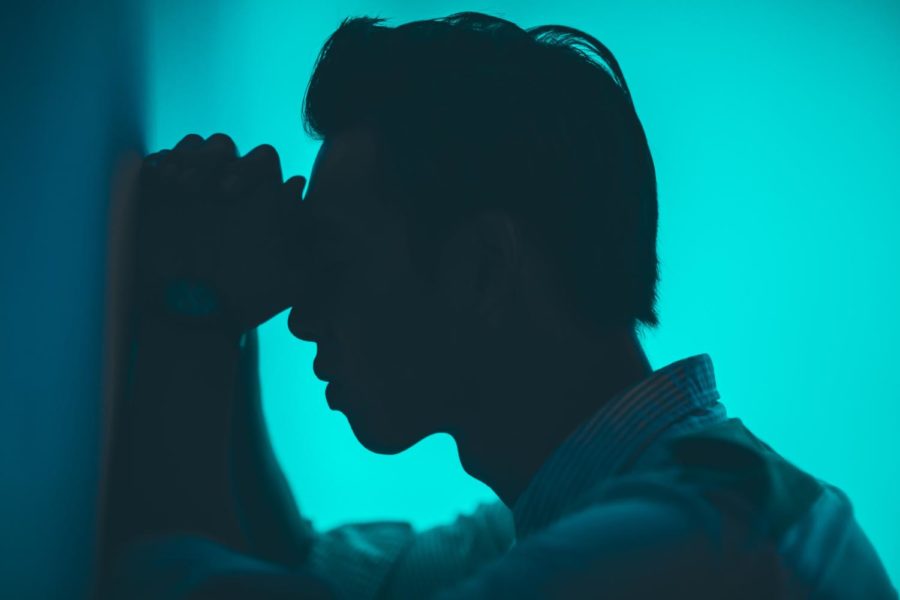Tyrrell: My dad, Arnold Schwarzenegger and the value of suffering
August 25, 2021
My father, who is approaching 60, still goes to the gym almost every day. And for as long as I can remember, he’s been using various tactics to try and impress upon my siblings and me the importance of exercise.
When my mom was out of town, and he was in charge of entertaining us, there was a solid 50 percent chance he would sit us in front of the TV and put on “Pumping Iron.” (It was either that or Led Zeppelin’s 1976 concert tour documentary.) As I got older, he would explain the process of muscle breakdown to me. “When you overload the muscle, it breaks down and feels sore the next day,” he said. “But then, it repairs itself, and it heals stronger.”
And when I was even older than that, he applied the metaphor to people and relationships. When my family or I was going through a hard time, he would remind us that after the muscle breaks down, it heals even stronger than before. That the initial discomfort and pain was, in fact, necessary for growth.
I thought about those words a lot this summer.
I spent eight weeks working in the Caribbean, and the logistics of my situation there meant that, alongside the physical discomfort of doing manual labor in the tropics without air conditioning, I was also facing a lot of unexpected interpersonal and emotional discomfort. My friends saw my Instagram pictures in paradise and assumed I was having the best summer of my life. But in reality, I was spending a lot of time hanging out with some distasteful companions: anger, resentment, shame and, underlying it all, the feeling of being trapped. I’m not going to explain the how or the why of what exactly happened to make me feel this way. Suffice it to say that I was having a hard time, and I had nowhere to go with my suffering. Fight or flight wasn’t working for me. I needed to try something else.
People tend to run, not walk, away from discomfort. Doing so is hardwired into our reptilian brains; we must choose to fight or flee (even if the perceived threat these days is an ex rather than, say, a saber-toothed tiger). Sometimes this reflex occurs in relation to our own internal thoughts and feelings, and then it has its own name – distress intolerance, or the “perceived inability” to experience uncomfortable emotions (such as grief and shame), accompanied by the “desperate need to escape” those feelings. But what happens when you desperately want to escape and can’t? What if your only option is to embrace the discomfort?
Choosing to do nothing and just sitting in discomfort rarely seems like an option. But if human beings are like muscles, then sitting in discomfort is exactly what we need to do to grow. Being unable to do anything with my negative emotions this summer besides simply experiencing them broke me down a little bit. I’ve never been in a situation like that before. But now that I’m back in Ames, in my comfort zone, I can see how I’ve been changed by the experience. I can see how I’ve grown.
As I write this, something is weighing on me. This idea that there is a lot of grace and growth to be found in suffering isn’t meant to be a bludgeon for silencing the suffering of others. I write from the privileged position of never having suffered on the basis of my religion or race or sexual orientation, and the last thing I want to do is promote some toxically positive message that allows me to sidestep the experience of those people who have.
In other words…I’m not trying to say there’s some inherent value in the experience of racism, or sexism, or homophobia or any sort of discrimination. But no matter where it comes from, suffering is an inescapable facet of the human experience, and ducking and dodging your way around it is not always possible. If you take a chance and sit in the discomfort instead, though – if you embrace it as the price tag for being fully human – you might take something more away from the experience.
I did. This summer broke me down. And now the sarcomeres of my soul are knitting themselves back together, a little bit stronger than before. Don’t tell him I said this, but I think my dad was right.

















